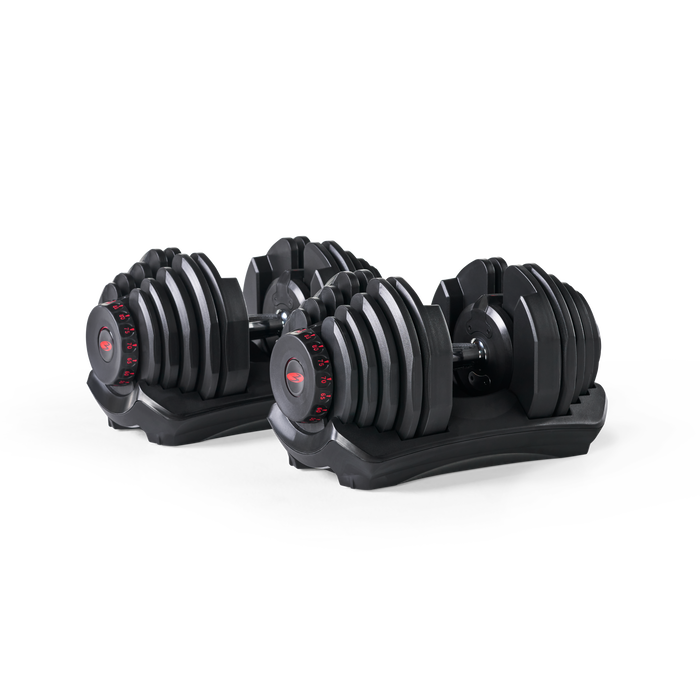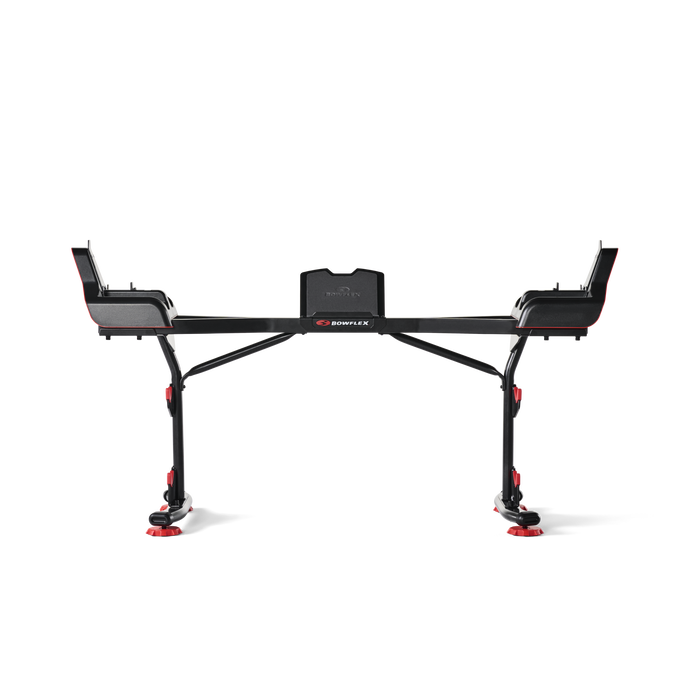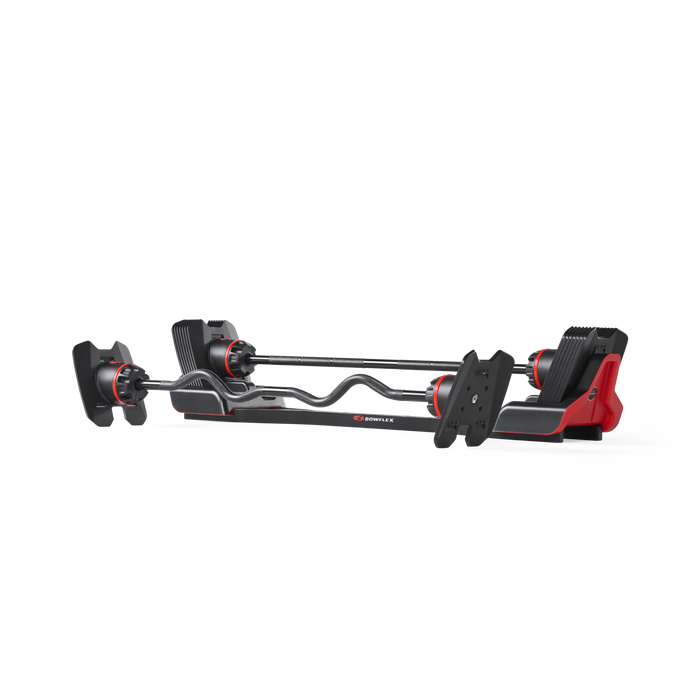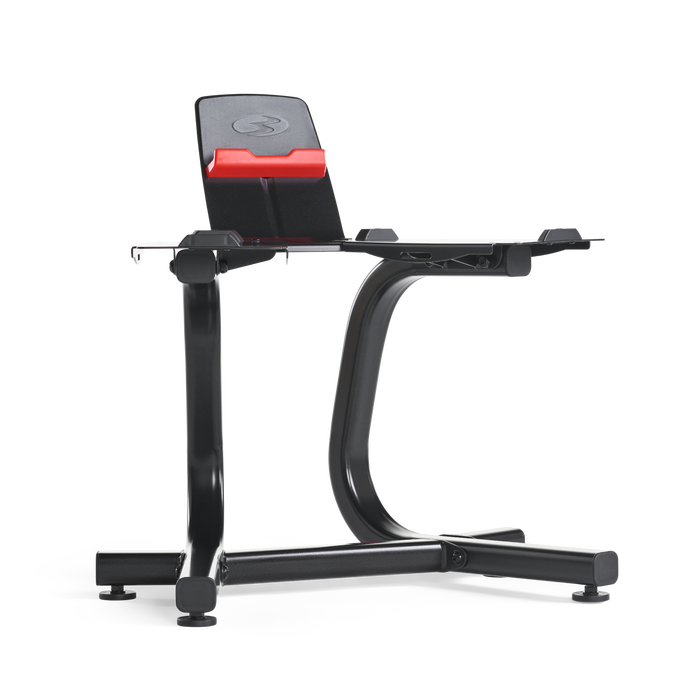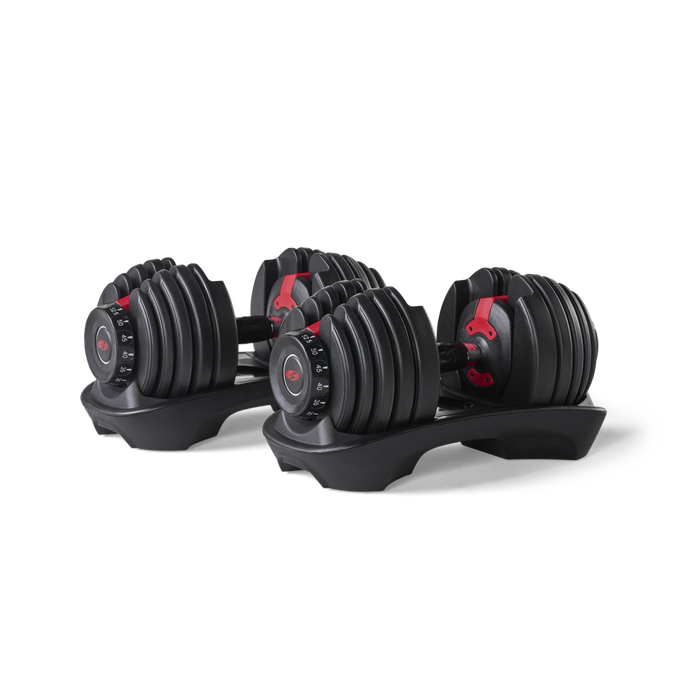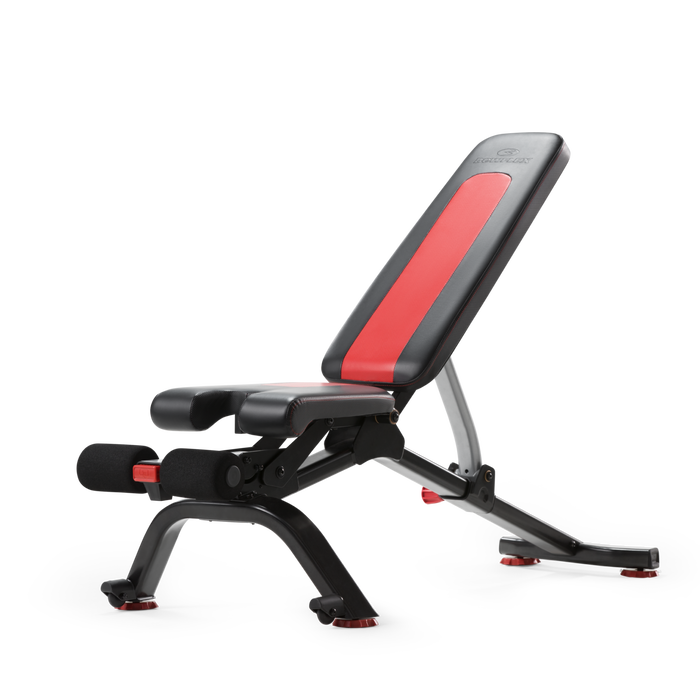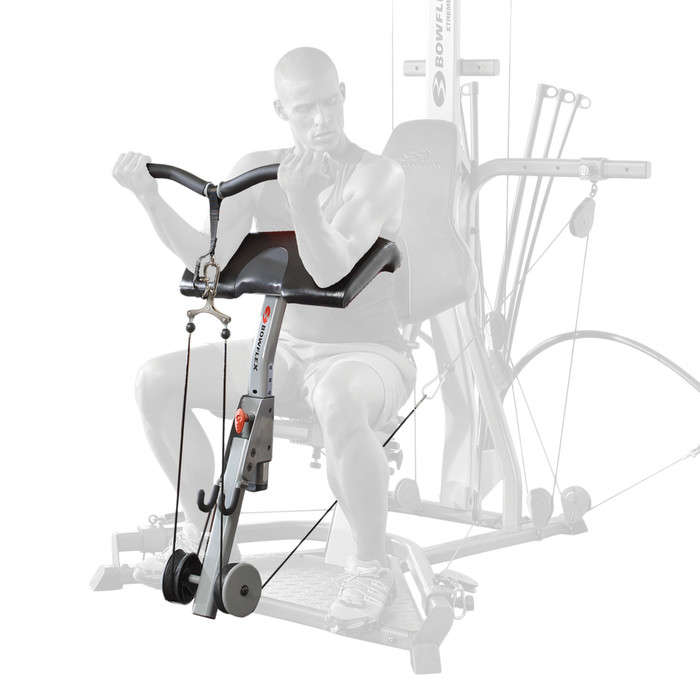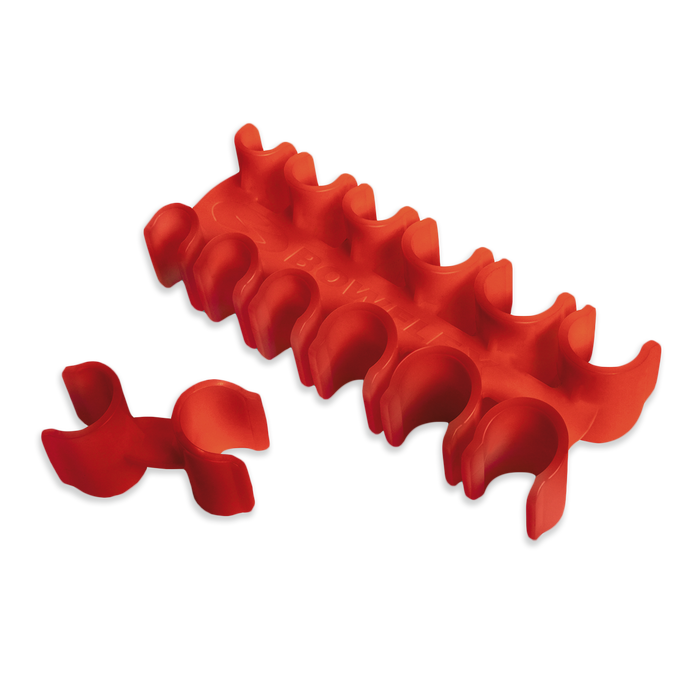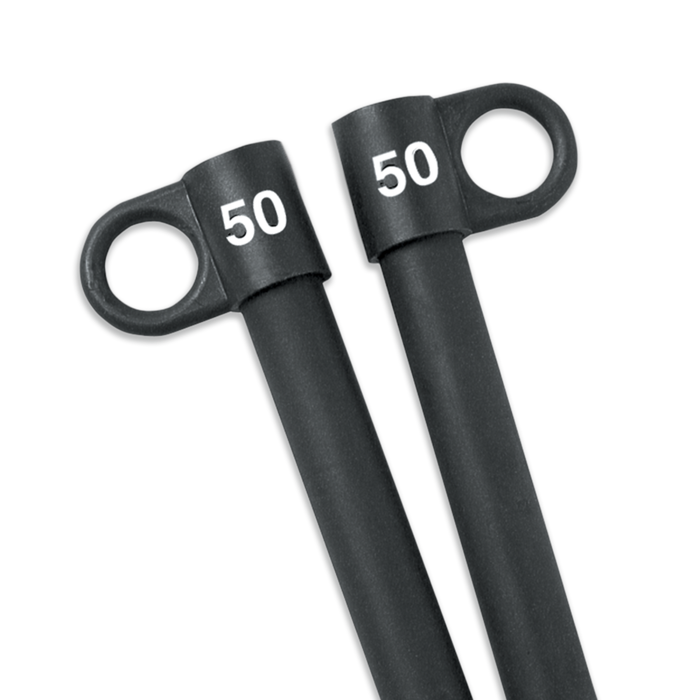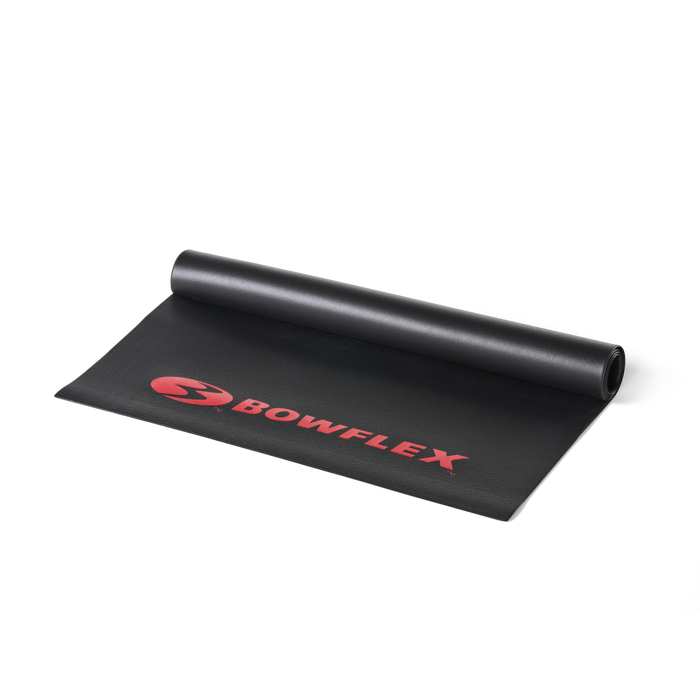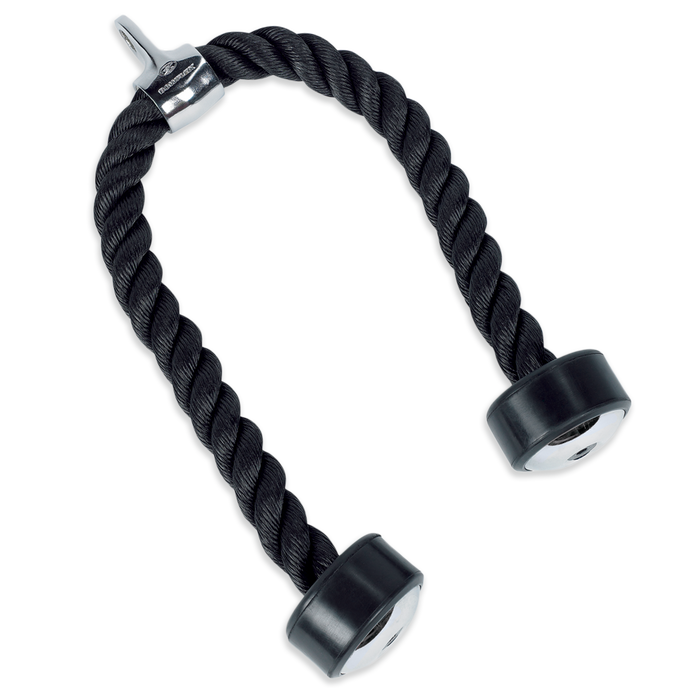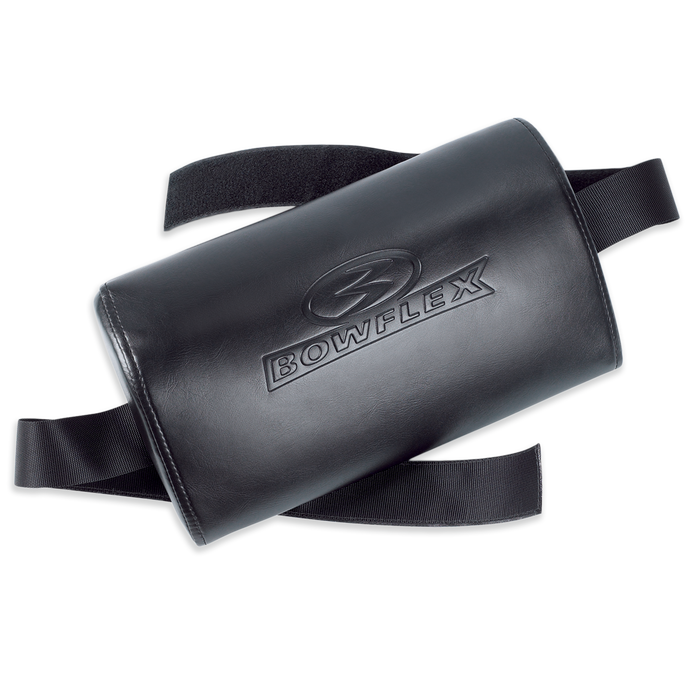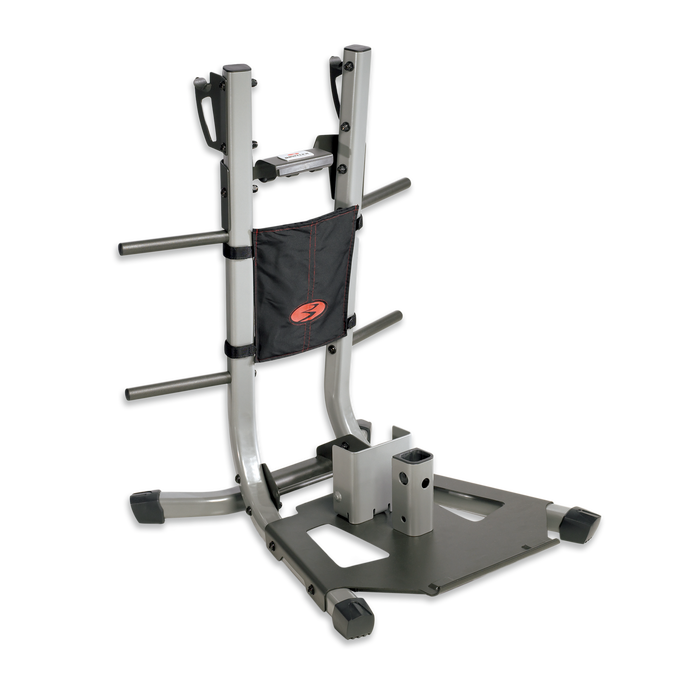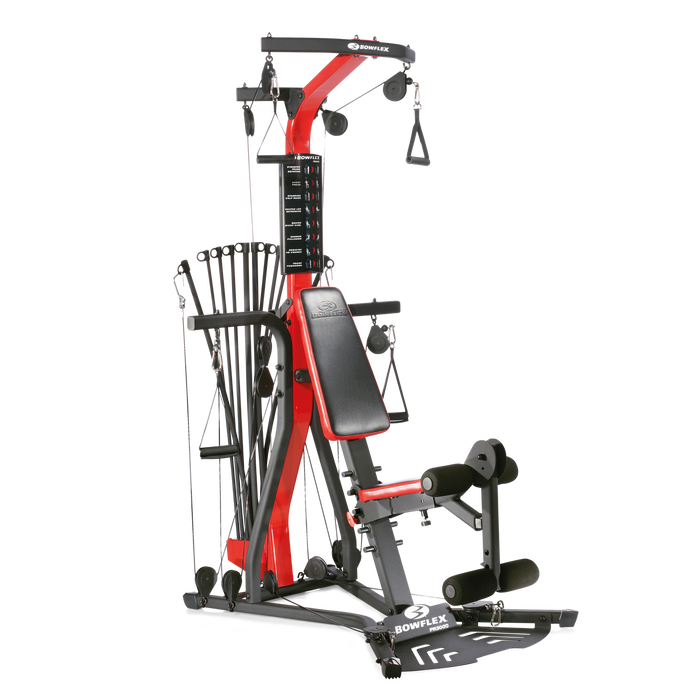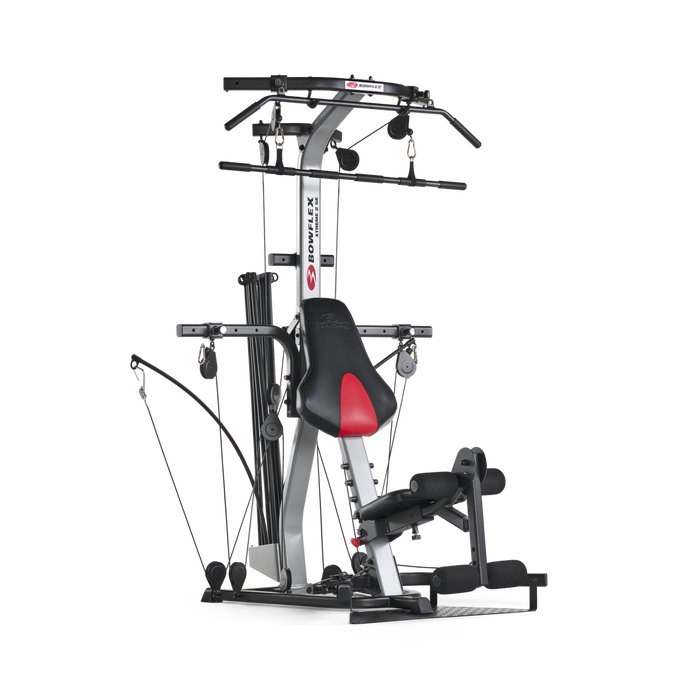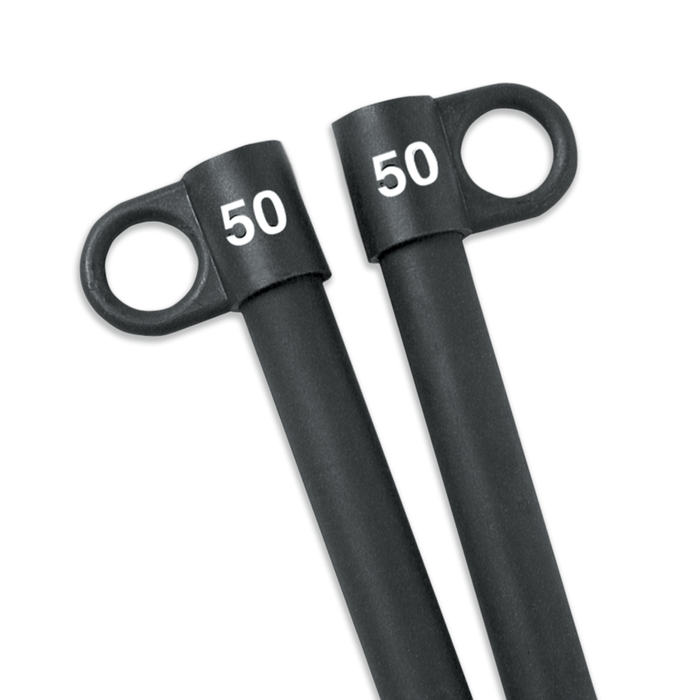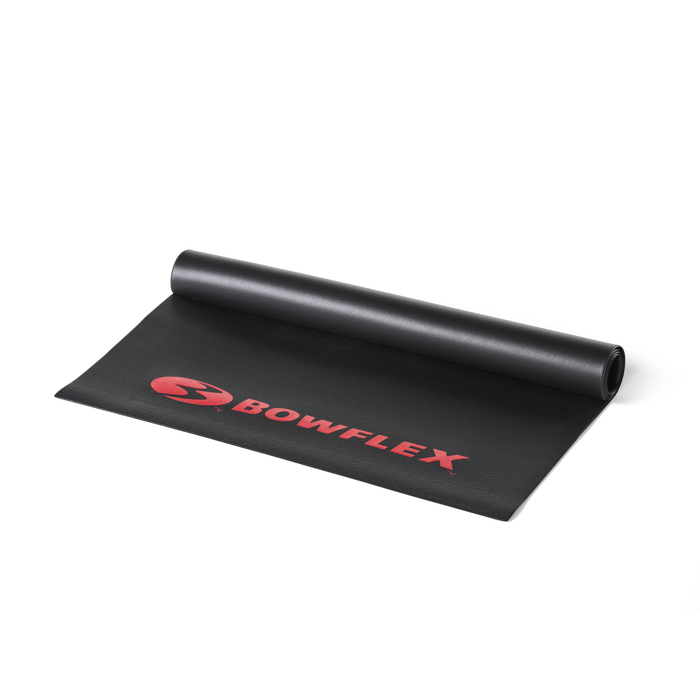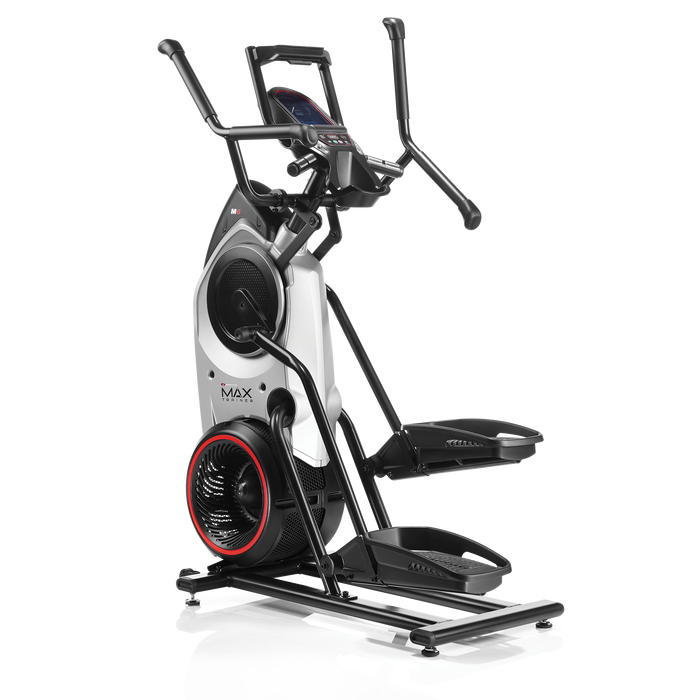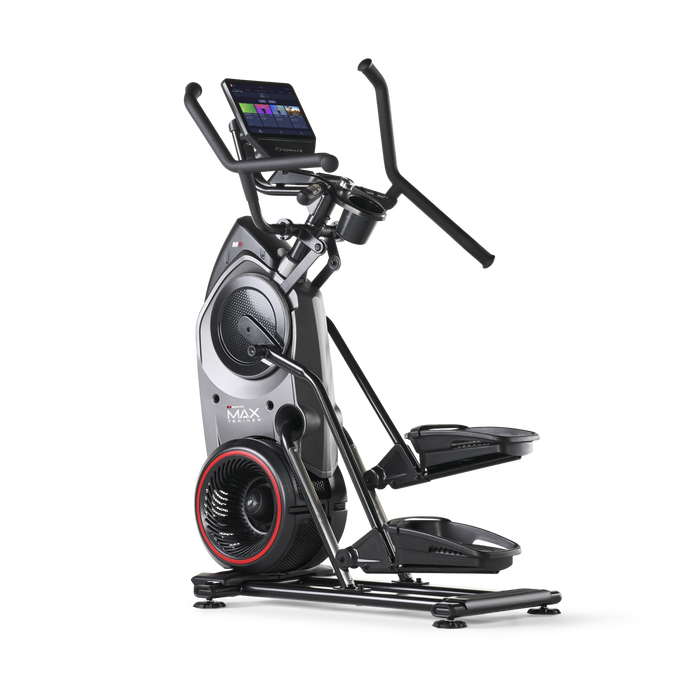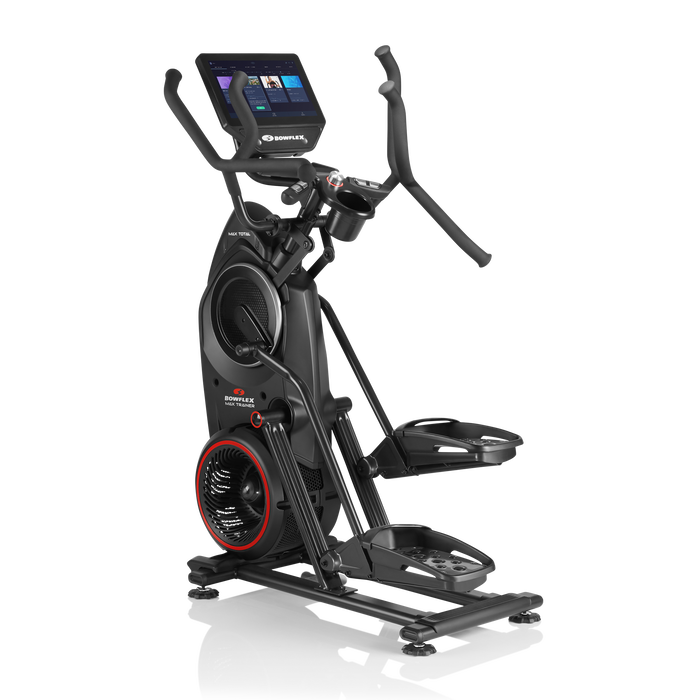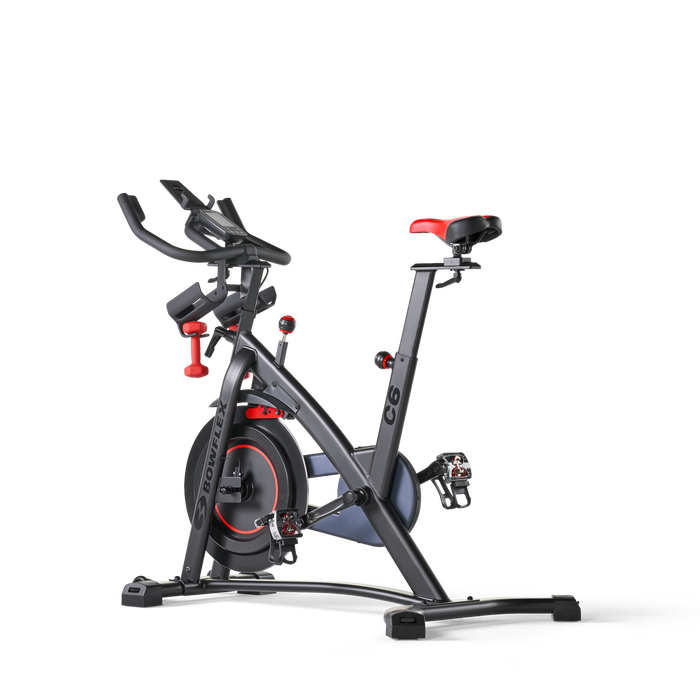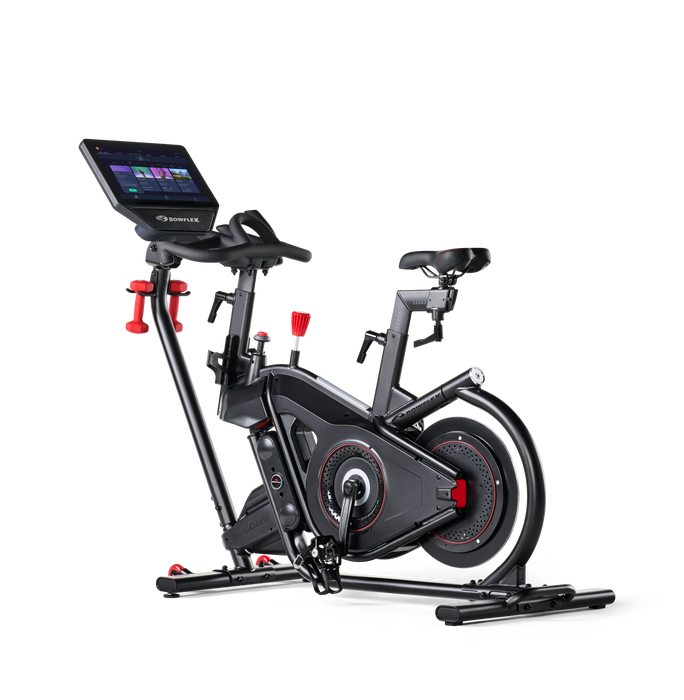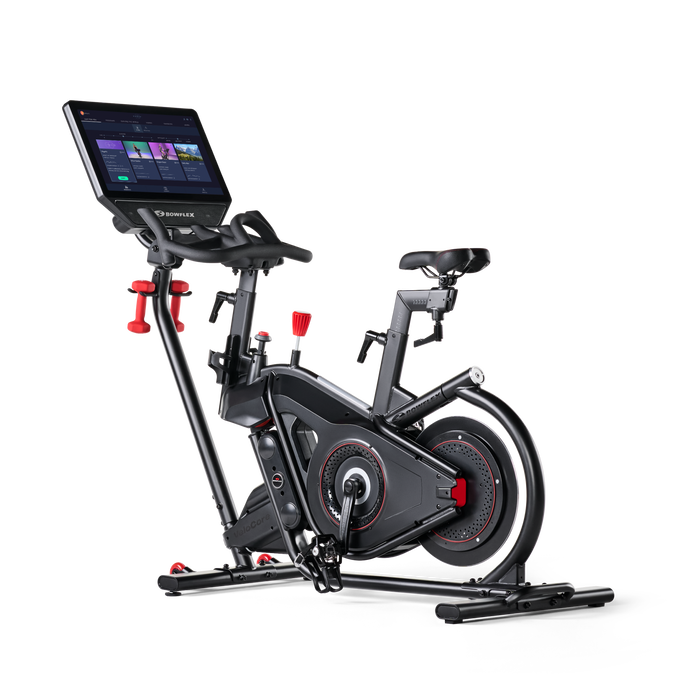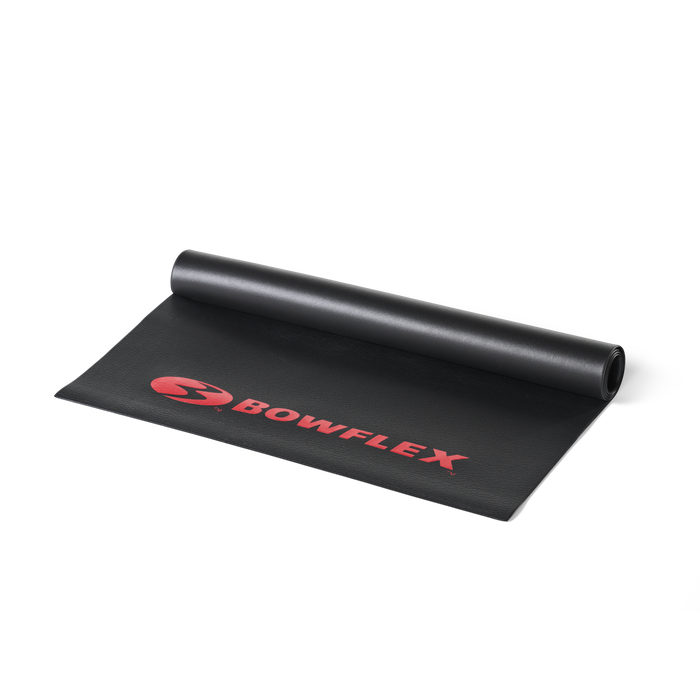How To Make Refueling Easy

By Guest Author Amy Goodson, MS, RD, CSSD, LD
What is the key to a strong, energy-filled workout? Fuel-Workout-Refuel-Repeat. No matter if you are a stellar high school athlete, pro-football player or an exerciser training for your first half-marathon, the message is the same: You need to fuel and refuel to train hard and recover appropriately. Most people have the fueling part down. Like you put gas in a car to make it go, you put food in your body to have energy to workout. But what is the refueling component all about?
There is a two-hour window after a workout where your body does a better job of digesting and absorbing carbohydrates and protein to help you recover. Ideally you refuel with a carbohydrate-protein rich snack within 45 minutes post-workout, and then follow it up with a more balanced meal within the next hour and a half.
Refueling in the appropriate window helps your body recover and get ready for its next workout. Think of "Refueling" as having three R's: Replenish, Rebuild, Rehydrate.
- Replenish means you need to provide the body with carbohydrates to replace what you burned off in your workout. Choosing simple carbohydrates immediately after your workout helps with quick digestion and absorption.
- Rebuild means you need protein to begin resynthesizing muscle mass that was damaged while you ran, jumped and lifted weights. Ideally consuming 20 grams of protein right after your workout helps you start the rebuilding process.
- Rehydrate means you need to replace the fluid and electrolytes sweated out. On any given day, you should replace every pound lost with 16 ounces of fluid and use the color of your urine as a hydration check. The goal is pale yellow to clear; if your urine looks like apple juice, you need to drink more fluid.
Though there are many food and drink combinations that can help you refuel, one of the best, nutrient-rich choices is low-fat chocolate milk! Why you ask? Well, let's compare it to the "Refuel" recipe. Milk naturally contains some carbohydrates to help replenish tired muscles, and when chocolate is added, it boosts the carbohydrates higher to speed up recovery. Chocolate milk is also a protein-rich beverage. With one gram of protein per ounce, each sip contains the amino acids (building blocks of protein) you need to start rebuilding muscle.
In addition, chocolate milk contains whey protein which is the highest in branch chain amino acids, specifically leucine. Research shows that leucine can independently stimulate muscle resynthesis, making it ideal in post-workout nutrition. On top of that, chocolate milk is 90 percent water and packed with potassium, which helps the body rehydrate and replace an important electrolyte lost in sweat.
A few other benefits come with low-fat milk too! It contains nine essential nutrients, including calcium and vitamin D that help build strong bones. As a young person, that nutrient combination helps you build bone, and as an adult it helps you maintain bone mineral density. It also provides other B-vitamins which help convert food to energy. So whether you are 5 or 55, the nutrients in low-fat milk are essential to your body.
If you are looking for more protein, add one scoop of whey protein to 16 ounces of chocolate milk to make it a 2:1 ratio of carbs to protein which gives you the carbohydrates you need to replenish in addition to the essential post-workout protein. It's quick, easy and nutrient-rich!
So the next time you leave practice, are rushing from the gym to the office or just finished a marathon, grab some chocolate milk or mix it in with some whey protein. From bone strengthening to muscle building, it is a great way to help your body replenish, rebuild, rehydrate — and thus refuel — after a workout.
About Our Guest Author
Amy Goodson, MS, RD, CSSD, LD is a registered dietitian in the Dallas/Fort Worth Metroplex. She received her Bachelor of Science degree in speech communications from Texas Christian University and Masters in Exercise and Sports Nutrition from Texas Woman's University. Currently Amy is the full-time sports dietitian for Ben Hogan Sports Medicine . She is also the sports dietitian for Texas Christian University Athletics, University of Texas at Arlington Athletics and is the consulting sports RD for the Dallas Cowboys, Texas Rangers, FC Dallas Soccer Team and Jim McLean Golf School where she works with amateur and professional golfers.
Amy also works with a variety of triathlon, marathon and endurance athletes in the DFW area. In addition, she is an adjunct professor and dietetic intern preceptor for Texas Woman's University, Texas Christian University and the University of Texas at Arlington and is a state media representative for the Texas Academy of Nutrition and Dietetics. Amy recently co-authored a sports nutrition book for triathletes "Swim, Bike, Run—Eat".

